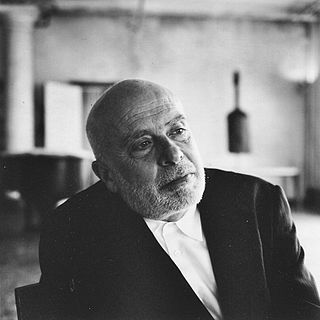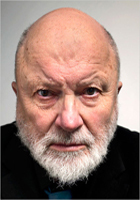A Quote by Billy Collins
I find a lot of poetry very disappointing, but I do have poets that I go back to. One book of poetry that I'd like to mention is 'The Exchange' by Sophie Cabot Black. Her poems are difficult without being too difficult.
Related Quotes
I find it very difficult to relate to India's new middle class. This very patriotic and neoliberal group that mixes religion and economics together. I find them very irksome. Very difficult to like. They are privileged, but they don't want to talk about their privilege. It's difficult to find poetry amongst these people. Some sort of hidden spirit of beauty.
If you can find two poems in a book, it could be a pretty good book for you. You know, two poems you really like. There are some poets who are fairly big names in contemporary poetry and who write a book and I might like three or four poems in the book, but the rest of them don't appeal to me personally; but I think that's the way it really ought to be. I think it's really a rare thing to like everything that somebody has written.
Too many poets write poems which are only difficult on the surface, difficult because the dramatic situation is easily misunderstood. It's not difficult to write poems that are misunderstood. A drunk, a three-year-old-they are easily misunderstood. What is difficult is being clear and mysterious at the same time. The dramatic situation needs to be as clear in a poem as it is in a piece of good journalism. The why is part of the mystery, but the who, what, where, and when should all be understood.
I believe it's impossible to write good poetry without reading. Reading poetry goes straight to my psyche and makes me want to write. I meet the muse in the poems of others and invite her to my poems. I see over and over again, in different ways, what is possible, how the perimeters of poetry are expanding and making way for new forms.
I do believe that one's writing life needs to be kept separate from Po-Biz. Personally, I deal with this by not attending too many poetry readings, primarily reading dead poets or poems in translation, reading Poets & Writers only once for grant/contest information before I quickly dispose of it, and not reading Poetry Daily. Ever.
Poems very seldom consist of poetry and nothing else; and pleasure can be derived also from their other ingredients. I am convinced that most readers, when they think they are admiring poetry, are deceived by inability to analyse their sensations, and that they are really admiring, not the poetry of the passage before them, but something else in it, which they like better than poetry.
Poetry is difficult, I mean interesting poetry, not confessional babble or emotive propaganda. Reading a new poet is discovering an entire world, what Stevens called a 'mundo' and it takes a lot of time to orientate oneself in such a world. What we have to learn to do then, as teachers and militants of a poetic insurgency, is to encourage people to learn to love the difficulty of poetry. I simply do not understand much of the poetry that I love.
We are difficult. Human beings are difficult. We're difficult to ourselves, we're difficult to each other. And we are mysteries to ourselves, we are mysteries to each other. One encounters in any ordinary day far more real difficulty than one confronts in the most “intellectual” piece of work. Why is it believed that poetry, prose, painting, music should be less than we are? Why does music, why does poetry have to address us in simplified terms, when if such simplification were applied to a description of our own inner selves we would find it demeaning?
Every poet gets to choose what kind of community he or she serves with the poems, and it's true that there is a community for very difficult, challenging poetry. It's a community that's established itself over the last 80 years, that was originally, in effect, really started by T. S. Eliot and Ezra Pound. They believed that poetry ought to contain learning, that it ought to rise upon all the learning that went before.
When I devoted myself to poetry - and poetry is a very serious medium - I don't think the people that knew me as an individual with that tongue-in-cheek kind of humor...well, it didn't always lend itself to my poetry. When you're writing poetry, it's like working with gold, you can't waste anything. You have to be very economical with each word you're going to select. But when you're writing fiction, you can just go on and on; you can be more playful. My editor's main task is to cut back, not ask for more.
I guess it was easier for me to find my voice in poetry than it was in fiction. I'm working on fiction again, and I find it a lot more difficult. It's a struggle. At a certain point, you have your voice and you go to it every time, so it's not like reinventing the wheel. That's the way I see it at least.






































